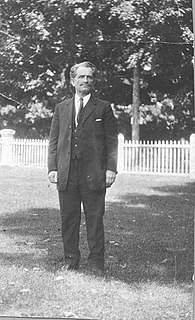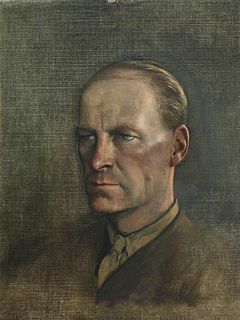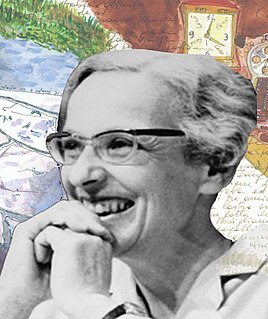A Quote by Wilhelm Wundt
Physiological psychology, on the other hand, is competent to investigate the relations that hold between the processes of the physical and those of the mental life.
Quote Topics
Related Quotes
Faculty Psychology is getting to be respectable again after centuries of hanging around with phrenologists and other dubious types. By faculty psychology I mean, roughly, the view that many fundamentally different kinds of psychological mechanisms must be postulated in order to explain the facts of mental life. Faculty psychology takes seriously the apparent heterogeneity of the mental and is impressed by such prima facie differences as between, say, sensation and perception, volition and cognition, learning and remembering, or language and thought.
All things are created twice. There is a mental (first) creation, and a physical (second) creation. The physical creation follows the mental, just as a building follows a blueprint. If you don't make a conscious effort to visualize who you are and what you want in life, then you empower other people and circumstances to shape you and your life by default.
The vast results obtained by Science are won by no mystical faculties, by no mental processes other than those which are practicedby every one of us, in the humblest and meanest affairs of life. A detective policeman discovers a burglar from the marks made by his shoe, by a mental process identical with that by which Cuvier restored the extinct animals of Montmartre from fragments of their bones.

































